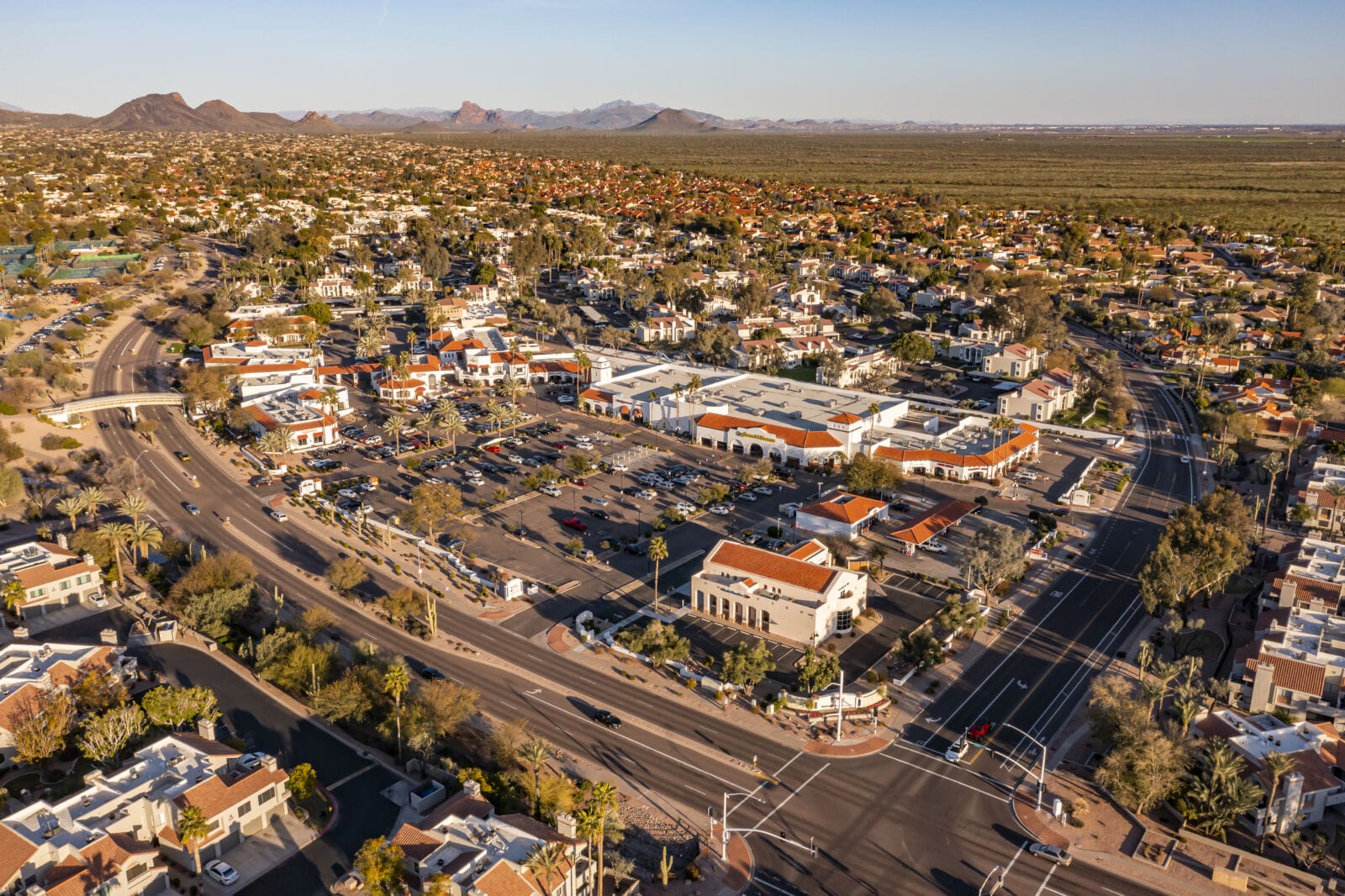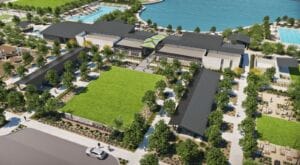Newmark announces its Phoenix-based retail capital markets team’s remarkable success in the first half of 2024. Over the past 50 days alone, the team, comprised of Jesse Goldsmith, Steve Julius and Chase Dorsett, have closed seven shopping center investment deals, representing buyers and sellers from seven different states including Arizona, California, New Jersey, Nevada, New York, South Carolina and Texas. Four of the buyers are first time investors in the Phoenix market, some even new to retail entirely.
MORE NEWS: Here’s why the Arizona economy remains buoyant heading into 2024
“Phoenix continues to be in the national spotlight as one of the top U.S. cities to invest in,” said Dorsett. “The strength of our market and the extent of our national reach are evident in the diverse range of clients we’ve represented recently. We take pride in achieving maximum exposure for our clients, and our efforts are paying off as evidenced by our recent successes.”
In the first half of 2024, the team closed $68,642,000 in total transaction volume, transacting on 394,263 square feet of real estate. From grocery-anchored centers to fitness-anchored centers, new construction strip centers, and older strip centers, the team has demonstrated its ability to navigate different retail market segments. Their notable transactions include Mercado at Scottsdale Ranch, Shops A and Pad C at Gilbert Crossroads, Gilbert Square, San Tan Pavilions Shops B, and Horizon Village.
“The population growth in Phoenix has been remarkable, and our retail vacancy rate is at an all-time low,” added Julius. “Despite uncertainties in the financial markets, the investment outlook in Phoenix remains optimistic, and we anticipate continued momentum in retail transaction volume in the second half of the year.”
According to the Newmark team, roughly 40% of shopping center transactions over the past 12 months have been new-to-Phoenix buyers. This trend is expected to continue as Phoenix continues to top U.S. metro cities in population growth and job growth.
“There is a noticeable supply and demand imbalance in Phoenix. Retail investment inventory remains remarkably low, while demand feels at an all-time high,” remarked Goldsmith. “This relationship has allowed pricing to remain stable, even with the sharp rise in interest rates. For example, year-to-date there have been only 26 shopping center transactions in Metro Phoenix. This is on par with a similar time frame in 2023, where the market saw 24 transactions but down nearly 50% from 2022 where the market saw 50 transactions.”




